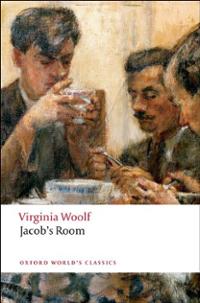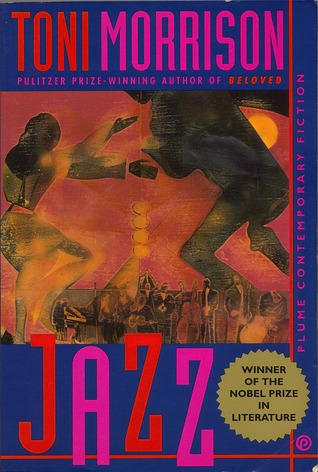Howards End
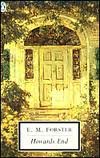 Howards End by E. M. Forster (1921). This novel begins with literature’s most famous epigraph: “Only connect.” That search for human understanding—and the implied rarity of such knowledge—informs this saga of Margaret and Helen Schlegel, two bohemian sisters who become mixed up with the pragmatic, wealthy Wilcox family.
Howards End by E. M. Forster (1921). This novel begins with literature’s most famous epigraph: “Only connect.” That search for human understanding—and the implied rarity of such knowledge—informs this saga of Margaret and Helen Schlegel, two bohemian sisters who become mixed up with the pragmatic, wealthy Wilcox family.
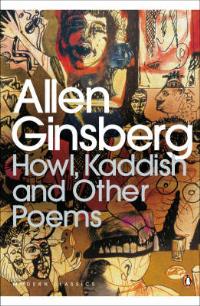 Howl
Howl I, Claudius
I, Claudius Ill Seen, Ill Said
Ill Seen, Ill Said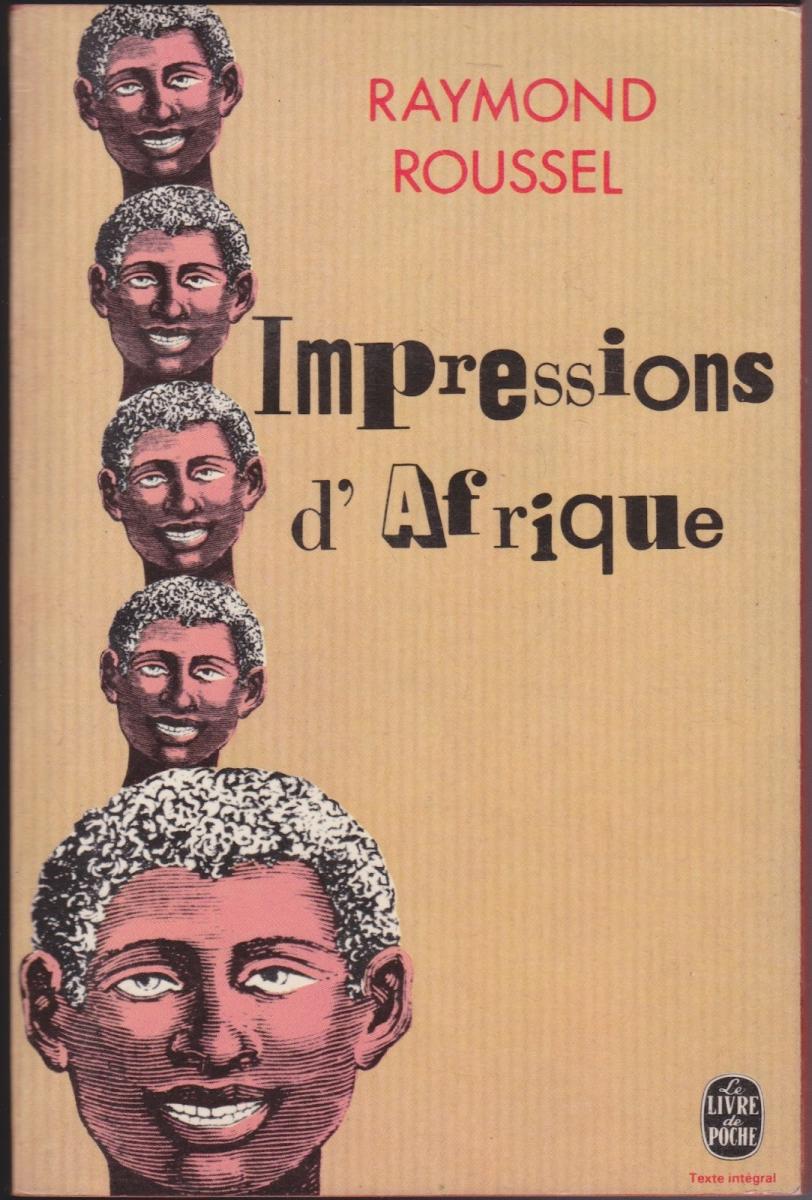 Impressions of Africa
Impressions of Africa Independent People
Independent People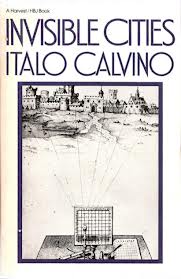 Invisible Cities
Invisible Cities Island: The Complete Stories
Island: The Complete Stories